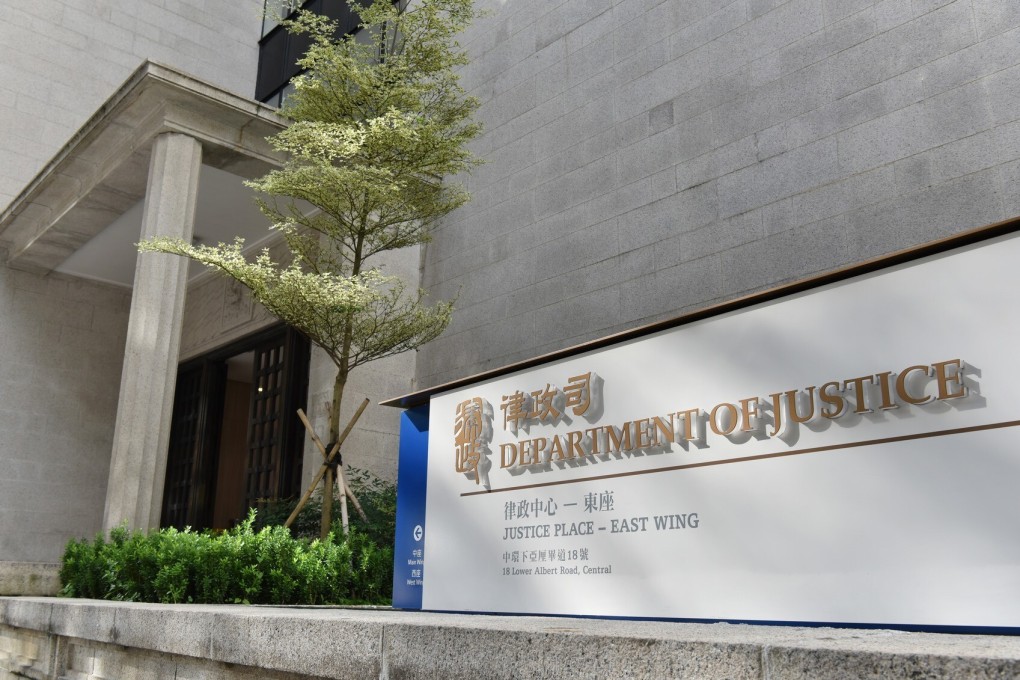My Take | This shocking miscarriage of justice demands answers
- The facts surrounding the jailing of a man on drugs charges are so alarming that the credibility of Hong Kong’s legal system is at stake. An investigation must be launched

The rule of law, one of Hong Kong’s greatest assets, requires much more than punishing people for committing crimes. It involves the protection of freedoms, notably the right to a fair trial.
Last week, the Court of Appeal slammed the Department of Justice for its failings in a drugs case that led to a shocking miscarriage of justice. The facts of the case are alarming.
Ma Ka-kin, a young noodle shop worker, was jailed for 23 years in 2019 for attempting to traffic more than a kilogram of cocaine.
The prosecution pursued the case despite the judge at the trial, Andrew Chan, expressing grave concerns about it and in the face of evidence suggesting Ma had been duped by a colleague.
The three appeal court judges said the case did not reflect well on the legal profession or system. They levelled strong criticism at the prosecution and raised troubling questions.
Ma had agreed to allow his colleague, Hung Chi-him, to use his address for the receipt of a parcel. The package was intercepted by customs officers and found to contain the cocaine.
